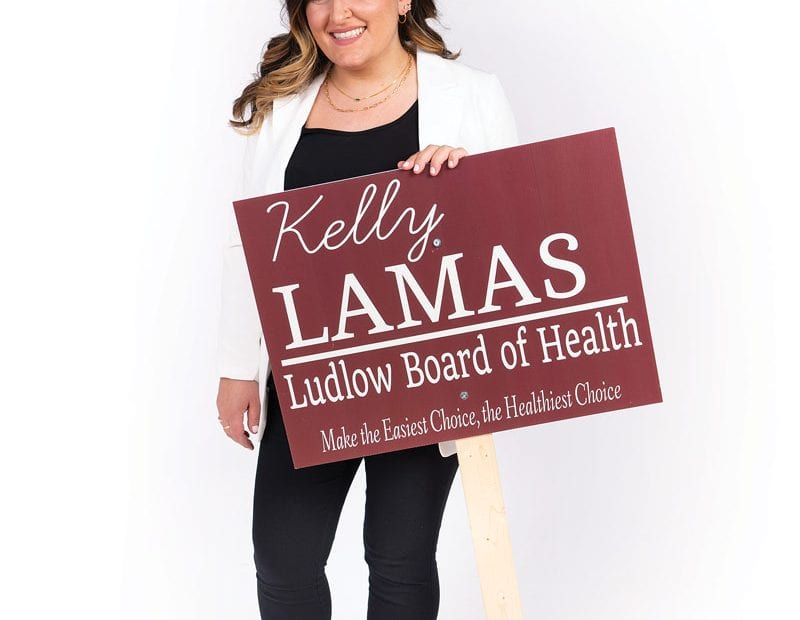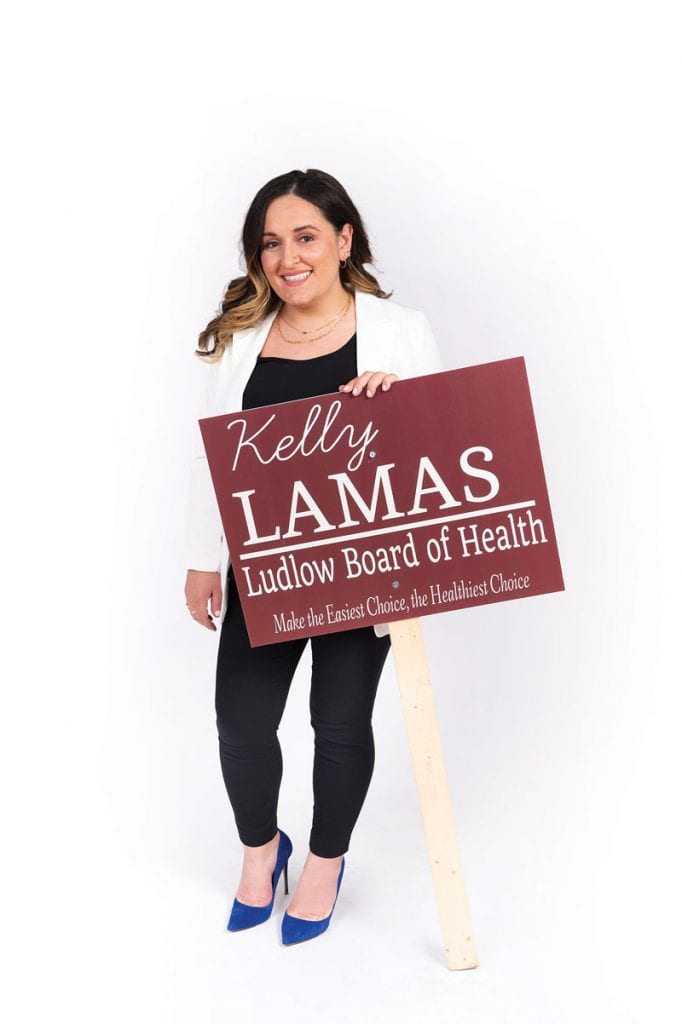
Kelly Lamas
BSEP Program Coordinator and Mobile Health Bus Project Coordinator, Baystate Medical Center; Age 36
 Kelly Lamas has always taken a street-level view of healthcare delivery — in some ways, quite literally.
Kelly Lamas has always taken a street-level view of healthcare delivery — in some ways, quite literally.
“I grew up wanting to do something to help people,” she said, and that passion eventually led her into the world of public health, most notably her role with the Baystate Springfield Educational Partnership (BSEP), starting in 2017.
“I run most of the high-school programming for students after school,” she said of the 13-year-old partnership between Baystate and Springfield’s public schools, providing career-exploration courses in medicine, nursing, and allied health.
Lamas brought a public-health perspective to the program at a time when Baystate Health was more broadly embracing a population-based healthcare model and building bridges to public-health initiatives in the community.
“We’re having students really look at health through different lenses, root causes, social determinants of health, and we created a couple of project-based classes,” she explained. Specifically, in partnership with Focus Springfield Community Television, students created PSAs on topics like distracted driving and mental health.
Through BSEP, she also developed partnerships with organizations like Gardening in the Community and the Public Health Institute of Western Massachusetts, and helped develop a community health worker certificate program at Holyoke Community College.
Now Lamas is shifting gears — again, both literally and figuratively — by leading Baystate’s mobile health unit. TD Bank awarded Baystate Health a $1 million grant to fund, outfit, and operate a mobile health clinic that will improve access to preventive care in underserved urban and rural communities.
“Transportation is the biggest barrier to healthcare for people, whether they live in urban or rural areas. So we started thinking about meeting communities where they are,” she said.
The unit will provide prevention, education, and screening services while offering on-the-ground training for hundreds of nurses, medical students, pharmacists, and other health professionals every year. Many individuals are not currently receiving these needed services because of financial and transportation barriers or a lack of providers in their neighborhoods.
“This is all about meeting people where they are,” said Lamas, who was also recently elected to the Ludlow Board of Health. “We’re changing the way education is delivered, too. The students, who will eventually be doctors, nurses, and pharmacists, are working together and communicating in teams to deliver the best care. They’re seeing the vital role each member of the team brings and moving the needle toward healthier outcomes.”
—Joseph Bednar




